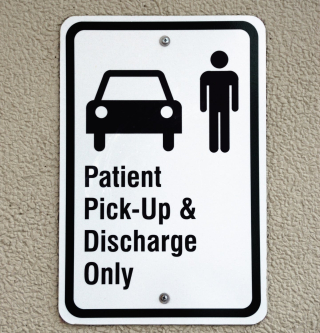 A generation seems to be waking up to the concept that they are likely to need to care for a spouse or a family member, and they’re taking it seriously.
A generation seems to be waking up to the concept that they are likely to need to care for a spouse or a family member, and they’re taking it seriously.
A study from Bankers Life Center for a Secure Retirement reported that 90% of baby boomers surveyed understand that they will need to make significant lifestyle changes as part of caring for a loved one. Not only are they aware of this as a new role, but according to Think Advisor’s article, “Long-Term Caregiving Realities Hit Home for Boomers” they are willing to take a number of steps, including:
- Cut spending: 66%
 Houston Estate Planning and Elder Law Attorney Blog
Houston Estate Planning and Elder Law Attorney Blog










